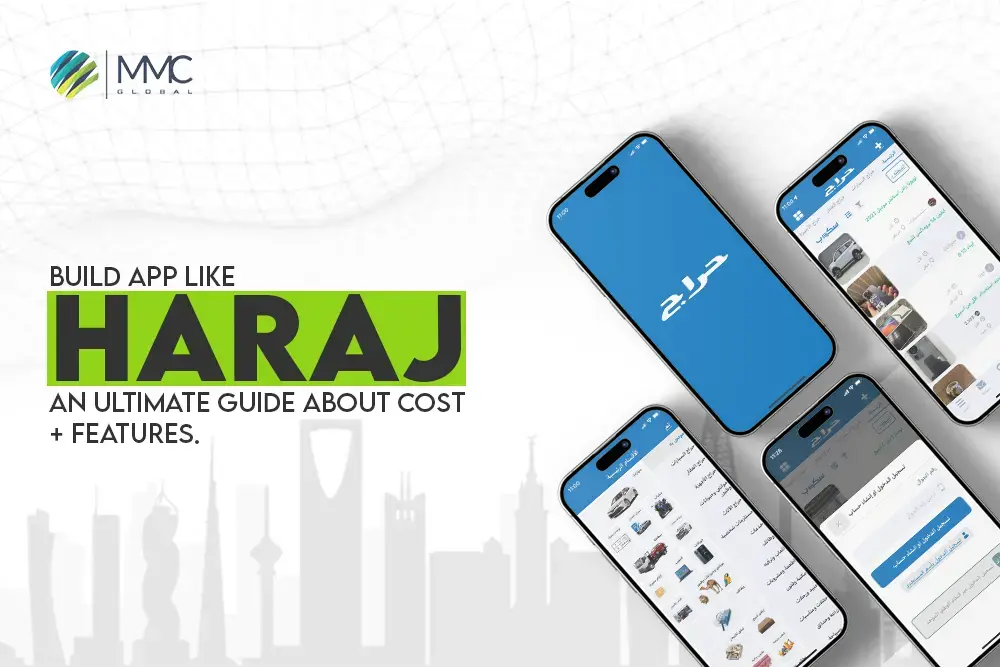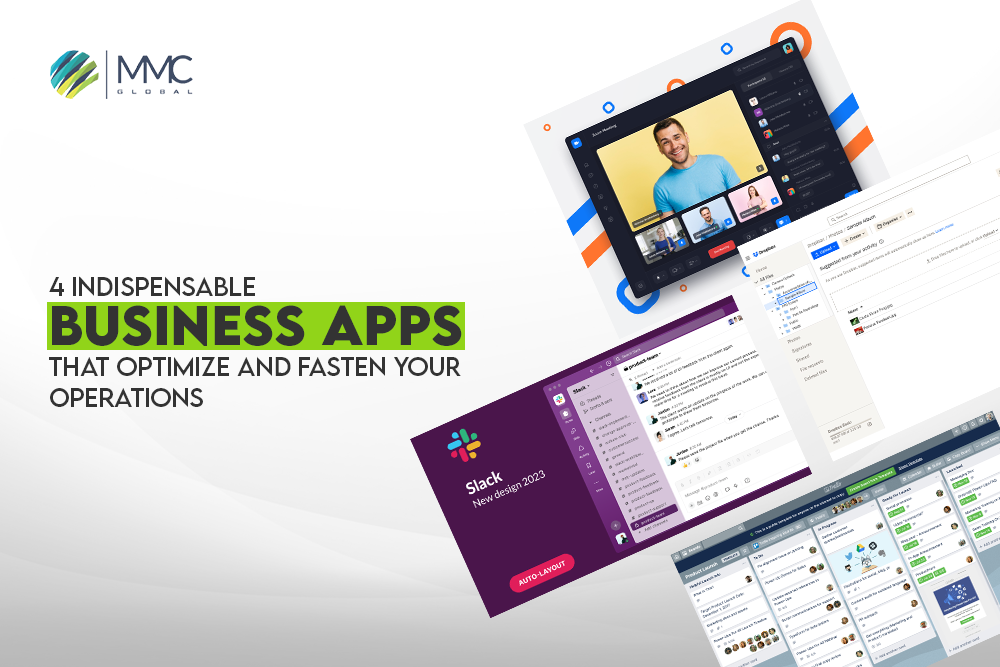Choosing the right platform to launch your mobile app is pivotal to reaching your target audience. Whether you create native or go for cross-platform mobile app development, whatever you pick, you must understand the pros and cons. Once you decern the mainstay of both platforms, you can choose the right fit for your mobile app development.
What are these platforms, and why do you need to pick one of them are the basic question if you are not tech-savvy. In fact, many business owners do not know the technicalities of launching apps on specific platforms. They need a consultant and thorough research to understand the thick and thin of this matter. Although it seems like a small decision, it plays a vital part in app building cost, time, resources, etc.
At MMC Global, meet the IT consulting team that assists startups and SMBs regarding all technology matters. We have a huge software and custom mobile application development team to build professional and engaging applications and software for businesses specific needs.
Let’s discover the inside story of Both platforms to get a better final product for your business.
What is a Native Application?
Native application refers to single-platform application development such as Android app development or iOS app development. The application is purely based on one of the that is Android standards or iOS standards.
It requires expert developers for each platform app development. The developers of Native apps must be capable enough to handle different programming languages that meet the criteria of each product. The native app development includes Java and Kotlin.
Moreover, Native applications are high-performing apps as they hold access to whole device functionalities. As it is solely created for one platform, developers can focus on multiple areas to optimize single pattern code.
We have gathered quick pros and cons of Native mobile app development:
Pros:
- High security and well-performed
- Smooth and effective development
- Exceptional user experience
- Less difficult to upgrade
- Scalable for future add-ons
Cons:
- Increase cost and time for development
- Need multiple resources
- Frequent updates

What is Cross-Platform Mobile App Development?
Cross-platform mobile app development refers to both platforms, such as Android and iOS. It is highly in demand as building cross-platform applications has many obvious benefits. From saving cost to saving time and creating single and reusable code are the beautification of a cross-platform application.
Moreover, developers prefer cross-platform app development as it requires less effort in writing code. Various cross-platform mobile app development frameworks help in developing flawless programs. Flutter, React Native, Xamarin, Ionic, etc., are the major example of the most used frameworks for cross-platform app development.
Read More: React Native vs. Xamarin? Which is the best Cross-Platform App Development?
Here are some pros and cons associated with cross-platform app development:
Pros:
- Cost-effective and time-saving
- Reusable codings
- Single codebase
- Faster & secure development
Cons:
- Limited User experience
- Underperformed as compared to Native apps
- Lesser flexibility
When to Choose Native Mobile App Development
It is an overhaul to understand what you need while choosing Native or cross-platform app development. Let’s make it simple.
If you need a high-performing app and enough budget & resources, you must go for Native apps. Easy upgrades and higher scalability are perpetual for Native app developers. Moreover, there is one more reason that you target an audience of a specific platform, whether Android or iOS, who require full access to features and resources, including a camera and GPS.

When to Choose Cross-platform Mobile App Development
There are more obvious reasons to opt for cross-platform mobile app development, such as it is highly reasonable for startups and SMBs to build an app that can cater to both platforms’ users. The cross-platform product is much faster than Native apps as it shares code for both platforms and does not require writing code for two. Moreover, it might result in less response but still possess higher demand in the market.
How to Get Successful Mobile App Development
No matter what platform you choose, the application’s development process needs attention to build a flawless app. The concept behind a successful app is to have a skilled team that you can trust and invest in and an effective strategy to initiate your development. There are 5 steps to creating a successful app, including:
Discovery
The first step includes the idea-gathering and brainstorming phase. According to the client’s requirement, we conceptualize the app idea, research relevant apps, and create our version.
UI UX Design
From creating a low-fidelity design to building the wireframe and creating a functional prototype, everything will be done under the supervision of professional UI UX designers.

Development
Once approved, developers start coding and turn the design into functional features.
Test & Launch
Testing the whole app by using all testing techniques and launching it to the App Store and play store or both.
Bottom Line
Mobile application development is highly on-demand for both platforms. If you still need clarification about what your business need, it’s time to consult with a custom mobile app development company to guide you. Look no further; we are a trusted software development company specializing in developing software and mobile applications with the utmost expertise.



